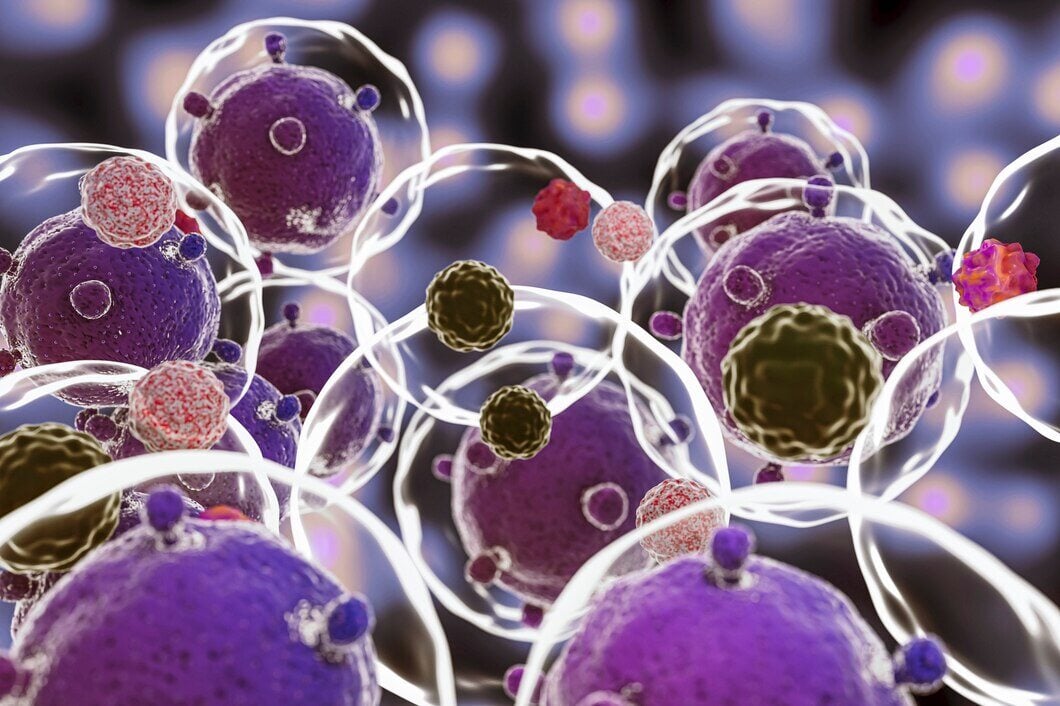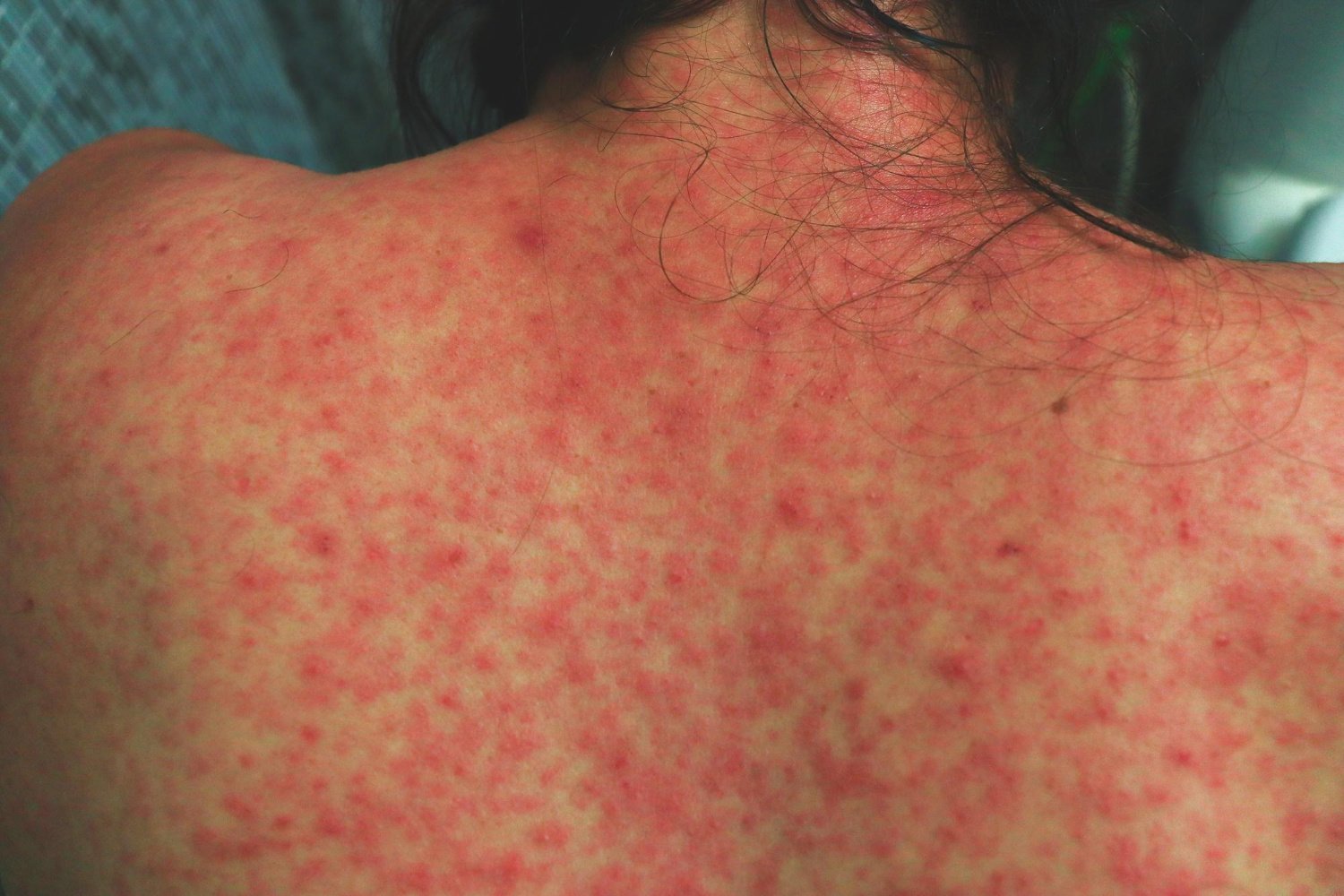Strategies to Reduce Inflammation in Mast Cell Activation Syndrome
Mast Cell Activation Syndrome (MCAS) is a condition where mast cells in your body release too many chemicals, especially histamine. This can lead to inflammation and a range of symptoms like rashes, stomach pain, headaches, and fatigue. Managing inflammation is crucial for improving quality of life in MCAS patients. Knowing what triggers to avoid and implementing effective strategies can make a significant difference in your health.
Reducing inflammation helps control MCAS symptoms. While medications are sometimes used, many people prefer lifestyle and dietary changes as natural ways to manage their condition. Avoiding high-histamine foods, staying hydrated, and using anti-inflammatory supplements can help. Working with a healthcare provider who understands functional medicine can provide more personalized strategies.
At Infinity Wellness, we believe in addressing the root causes of health issues. This holistic approach not only helps manage symptoms but also improves overall well-being. Small changes in diet, supplements, and daily habits can greatly reduce inflammation and enhance your quality of life.
Understanding Mast Cell Activation Syndrome (MCAS) and Inflammation
Mast Cell Activation Syndrome (MCAS) is a condition where mast cells, a type of white blood cell, become overactive. These cells release various chemicals, such as histamine, into the body. This release can lead to chronic inflammation and a host of symptoms, including skin rashes, stomach pain, headaches, and fatigue. Mast cells are part of your immune system and are supposed to help defend against threats like infections. However, in MCAS, these cells activate without an apparent reason, causing problematic inflammation.
The inflammation in MCAS patients is often more pronounced because the body's response is not balanced. Normally, the body would use anti-inflammatory processes to counteract the effects of mast cell activation. However, in MCAS, this balancing act does not work as it should. This imbalance can make everyday life quite challenging, leading to a range of symptoms that can affect your quality of life. Understanding the underlying mechanisms can help you take effective steps to reduce inflammation and manage symptoms better.
Anti-Inflammatory Dietary Choices for MCAS Patients
Diet plays a crucial role in managing inflammation for MCAS patients. Making informed dietary choices can significantly reduce inflammation and improve symptoms. Here are some anti-inflammatory foods to consider:
- Fresh Fruits: Berries, apples, and pears are low in histamines and high in antioxidants. These can help reduce inflammation and are safe choices for MCAS patients.
- Green Vegetables: Leafy greens like spinach, kale, and Swiss chard are excellent choices. They are rich in vitamins and minerals that help the body fight inflammation.
- Omega-3 Rich Foods: Foods like salmon, flaxseeds, and chia seeds are high in omega-3 fatty acids, which have strong anti-inflammatory properties.
- Herbs and Spices: Turmeric and ginger are known for their anti-inflammatory effects. Adding these to your diet can help manage inflammation naturally.
- Healthy Fats: Olive oil and avocados provide healthy fats that help reduce inflammation. These can be used in cooking or as part of salads.
It is also essential to avoid foods high in histamines as these can trigger symptoms. Some of these include fermented foods, aged cheeses, and processed meats. Keeping a food diary can help you track which foods cause symptoms and make it easier to identify and eliminate triggers.
Using these dietary strategies can help you manage symptoms and improve your overall well-being.
The Role of Supplements and Herbs in Reducing Inflammation
Supplements and herbs can play a crucial role in managing inflammation for those with Mast Cell Activation Syndrome (MCAS). Natural options can help reduce inflammation without the side effects of medications. Here are some key supplements and herbs to consider:
- Quercetin: This bioflavonoid has strong anti-inflammatory properties. It helps stabilize mast cells and reduce histamine release. You can find quercetin in onions, apples, and supplements.
- Vitamin C: Known for its immune-boosting effects, vitamin C helps lower histamine levels in the body. Choose high-quality supplements and include foods rich in vitamin C, like oranges and bell peppers.
- Curcumin: Found in turmeric, curcumin has powerful anti-inflammatory effects. It can be taken as a supplement or added to meals through turmeric spice.
- Omega-3 Fatty Acids: These fatty acids, found in fish oil and flaxseed oil, help reduce inflammation. Omega-3 supplements are a great way to ensure you get enough of these beneficial fats.
- Bromelain: An enzyme found in pineapples, bromelain helps reduce swelling and inflammation. It is available as a supplement and can be incorporated into your diet through pineapple.
Before starting any new supplements, consult with a healthcare provider experienced in functional medicine. They can provide personalized recommendations based on your specific needs. It is important to find a functional medicine doctor who focuses on finding and fixing the core root cause of these symptoms to help you heal.
Lifestyle Changes to Support Inflammation Reduction in MCAS
Making lifestyle changes can support your efforts to reduce inflammation and improve symptoms. Here are some practical tips:
- Stress Management: Chronic stress can worsen inflammation. Practice stress-reducing activities like yoga, meditation, or deep-breathing exercises to help keep stress levels in check.
- Regular Exercise: Moderate exercise can help reduce inflammation. Activities like walking, swimming, and gentle yoga are great options. Aim for at least 30 minutes of activity most days of the week.
- Adequate Sleep: Quality sleep is essential for health. Aim for 7-9 hours of sleep each night and create a relaxing bedtime routine to improve sleep quality.
- Hydration: Staying hydrated helps flush out toxins and reduce inflammation. Drink plenty of water throughout the day and limit caffeine and alcohol, which can be dehydrating.
- Avoid Environmental Triggers: Mold, dust, and chemicals can trigger mast cells and cause inflammation. Keep your living space clean and consider using air purifiers to reduce indoor allergens.
- Mindful Eating: Eating slowly and mindfully can improve digestion and help manage inflammation. Avoid eating large meals and opt for several smaller meals throughout the day.
Implementing these lifestyle changes can complement your dietary and supplement efforts, creating a holistic approach to managing inflammation.
Conclusion
Managing inflammation in Mast Cell Activation Syndrome (MCAS) involves a holistic approach that includes diet, supplements, and lifestyle changes.
By understanding the condition and making informed choices with the help of your trusted wellness doctor, you can significantly reduce inflammation and improve your quality of life. Eating anti-inflammatory foods, using beneficial supplements and herbs, and adopting healthy lifestyle habits are essential steps in this journey.
At Infinity Wellness, located in Waxahachie, TX, we specialize in holistic, root-cause care tailored to your unique health journey. Serving both local and nationwide patients through in-person and virtual services, we offer comprehensive programs to address conditions such as hormonal imbalances, chronic fatigue, and digestive issues. Our goal is to help you achieve long-term wellness and vitality. Ready to transform your health?
Book an appointment here - Our Holistic Approach to Wellness - Infinity Wellness Center.



